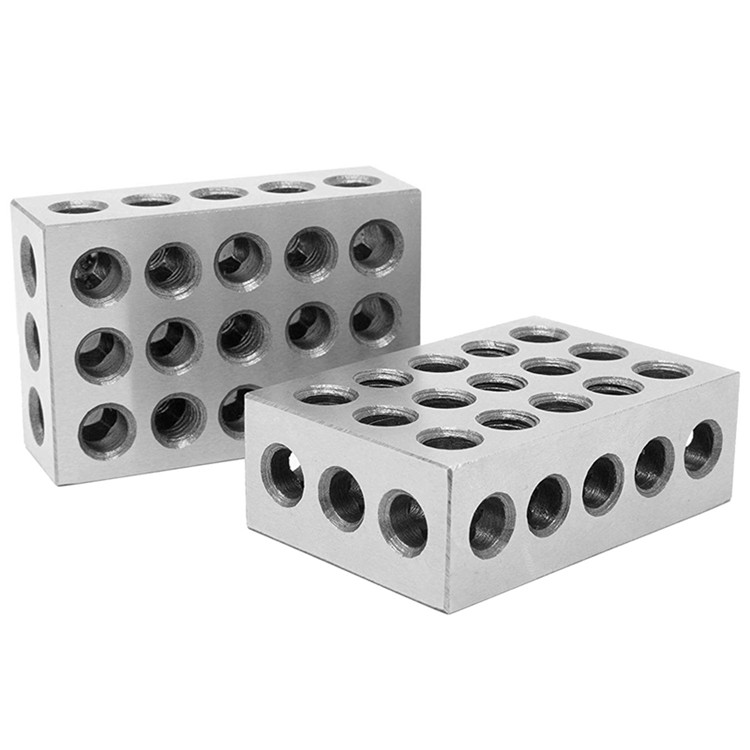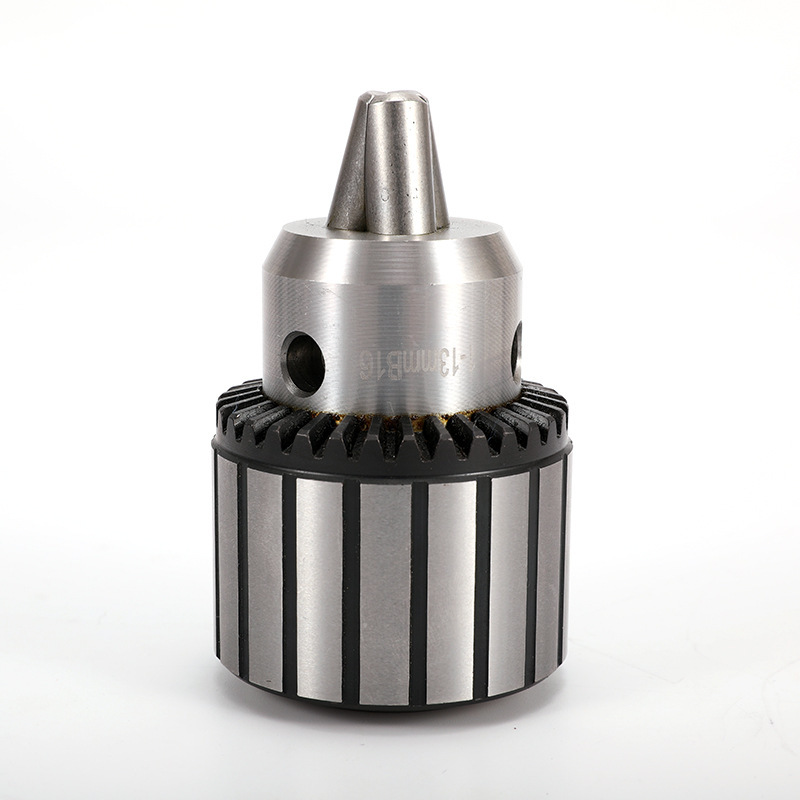pull studs Supplier
Finding a reliable pull studs supplier is crucial for efficient and accurate CNC machining. This guide explores the key factors to consider when choosing a supplier, different types of pull studs, common materials, quality considerations, and how to ensure you get the best value for your investment.
Understanding Pull Studs and Their Importance
Pull studs, also known as retention knobs, are essential components in CNC (Computer Numerical Control) machining. They connect the tool holder to the machine spindle, ensuring a secure and precise connection. A faulty or poorly manufactured pull stud can lead to tool slippage, inaccurate machining, and even damage to the machine spindle, resulting in costly downtime and repairs. Therefore, choosing a reputable pull studs supplier is paramount.
Types of Pull Studs
Different CNC machines and tool holders require different types of pull studs. Here are some common types:
- MAS 403 BT Pull Studs: Commonly used in Japanese and other Asian-made CNC machines.
- CAT Pull Studs: Primarily used in American-made CNC machines.
- DIN 69872 Pull Studs: Follows the German DIN standard, and popular in European machines.
- ISO 7388-1 (Formerly DIN 69871) Pull Studs: Another standard for European CNC machines, often replacing DIN 69872.
- Short Pull Studs: Designed for machines with limited clearance.
- Coolant Through Pull Studs: Allow coolant to flow through the tool holder, improving cooling and chip evacuation.
Key Factors When Choosing a Pull Studs Supplier
Selecting the right pull studs supplier requires careful consideration. Here are the most important factors:
Quality and Materials
The quality of the pull stud directly affects its performance and lifespan. Look for suppliers who use high-quality materials, such as:
- Alloy Steel: Provides excellent strength and durability.
- High-Speed Steel (HSS): Offers good wear resistance, especially in high-speed machining applications.
- Hardened Steel: Essential for preventing deformation and ensuring a secure connection.
Ensure the supplier uses proper heat treatment processes to achieve the required hardness and toughness. Request material certifications and hardness testing reports to verify the quality of the materials.
Wayleading Tools ensures the use of high-quality alloy steel in manufacturing their pull studs, providing customers with reliable and long-lasting products.
Manufacturing Processes
The manufacturing process significantly impacts the accuracy and reliability of pull studs. Look for suppliers who use precision machining techniques and adhere to strict quality control standards. Common manufacturing processes include:
- CNC Machining: Ensures precise dimensions and consistent quality.
- Grinding: Provides a smooth surface finish for optimal tool holder contact.
- Heat Treatment: Enhances the hardness and durability of the pull stud.
- Surface Treatment: Improves corrosion resistance and reduces friction.
Compatibility
Ensure the pull studs are compatible with your specific CNC machines and tool holders. Check the specifications carefully, including:
- Thread Size and Pitch: Must match the tool holder.
- Overall Length: Critical for proper engagement with the spindle.
- Taper Angle: Ensures a secure fit in the spindle.
It's always a good idea to consult with the supplier or your machine tool manufacturer to confirm compatibility before placing an order.
Price and Value
While price is a factor, prioritize quality and reliability over the cheapest option. A low-quality pull stud can lead to costly damage and downtime. Consider the total cost of ownership, including the potential for replacement and repairs. A reputable supplier like Wayleading Tools offers competitive pricing on high-quality pull studs, ensuring excellent value for your investment.
Supplier Reputation and Experience
Choose a supplier with a proven track record of providing high-quality pull studs and excellent customer service. Look for:
- Years of Experience: Indicates expertise and reliability.
- Customer Reviews and Testimonials: Provide insights into the supplier's performance.
- Technical Support: Essential for addressing any questions or concerns.
- Certifications: ISO 9001 certification demonstrates a commitment to quality management.
Wayleading Tools boasts 10 years of experience in the tooling industry, offering reliable pull studs and comprehensive technical support.
Availability and Lead Times
Ensure the supplier can meet your production schedule and delivery requirements. Consider factors such as:
- Stock Availability: If you need pull studs quickly, choose a supplier with ample stock.
- Lead Times: For custom orders, inquire about the lead time for manufacturing and delivery.
- Shipping Options: Choose a supplier that offers reliable and cost-effective shipping options.
Common Problems with Pull Studs and How to Prevent Them
Several issues can arise with pull studs, affecting their performance and longevity. Understanding these problems and how to prevent them is crucial.
Thread Damage
Damaged threads can prevent the pull stud from properly engaging with the tool holder. This can lead to slippage and inaccurate machining.
Prevention:
- Use proper torque when tightening the pull stud.
- Avoid cross-threading the pull stud.
- Regularly inspect the threads for damage.
Corrosion
Corrosion can weaken the pull stud and affect its performance.
Prevention:
- Use pull studs made from corrosion-resistant materials.
- Apply a protective coating to the pull stud.
- Store pull studs in a dry environment.
Wear and Tear
Over time, pull studs can wear out due to repeated use.
Prevention:
- Use high-quality pull studs made from durable materials.
- Regularly inspect pull studs for wear and tear.
- Replace pull studs as needed.
Ensuring You Get the Best Value
To get the most value from your pull studs, consider these tips:
Buy in Bulk
Purchasing pull studs in bulk can often result in significant cost savings. Inquire about volume discounts from your supplier.
Negotiate Pricing
Don't be afraid to negotiate pricing with your supplier, especially if you're placing a large order. Building a strong relationship with your supplier can also lead to better pricing and service.
Consider Alternative Materials
Depending on your application, you may be able to use pull studs made from alternative materials that offer a good balance of performance and cost.
Regular Inspection and Maintenance
Regularly inspect and maintain your pull studs to ensure they're in good condition. This can help prevent costly damage and downtime.
Finding a Reliable Pull Studs Supplier: Wayleading Tools
When searching for a pull studs supplier, Wayleading Tools stands out for its commitment to quality, reliability, and customer service. With years of experience in the industry, Wayleading Tools offers a wide range of pull studs to meet the needs of various CNC machines and tool holders. Their pull studs are manufactured using high-quality materials and precision machining techniques, ensuring consistent performance and long-lasting durability. Wayleading Tools’ dedication to customer satisfaction makes them a top choice for businesses seeking a dependable pull studs supplier.
Conclusion
Choosing the right pull studs supplier is a critical decision that can significantly impact the efficiency and accuracy of your CNC machining operations. By considering the factors outlined in this guide, you can find a supplier that meets your specific needs and provides high-quality pull studs at a competitive price. Remember to prioritize quality, compatibility, and supplier reputation to ensure you get the best value for your investment.
| Pull Stud Type | Common Usage | Key Features |
|---|---|---|
| MAS 403 BT | Japanese/Asian CNC Machines | Widely adopted in Asia. |
| CAT | American CNC Machines | Standard for US-made equipment. |
| DIN 69872 | European CNC Machines | German industrial standard. |
| ISO 7388-1 | European CNC Machines | Modern replacement for DIN 69872. |
Disclaimer: This article is intended for informational purposes only and should not be considered professional advice. Always consult with a qualified expert before making any decisions related to your CNC machining operations.
Resource:All data parameters are from the official website:www.wayleading.com
Related products
Related products
Best selling products
Best selling products-
 Precision Digital Bore Guage From 6-450mm Range
Precision Digital Bore Guage From 6-450mm Range -
 CCMT Turning Insert For Indexable Turning Tool Holder
CCMT Turning Insert For Indexable Turning Tool Holder -
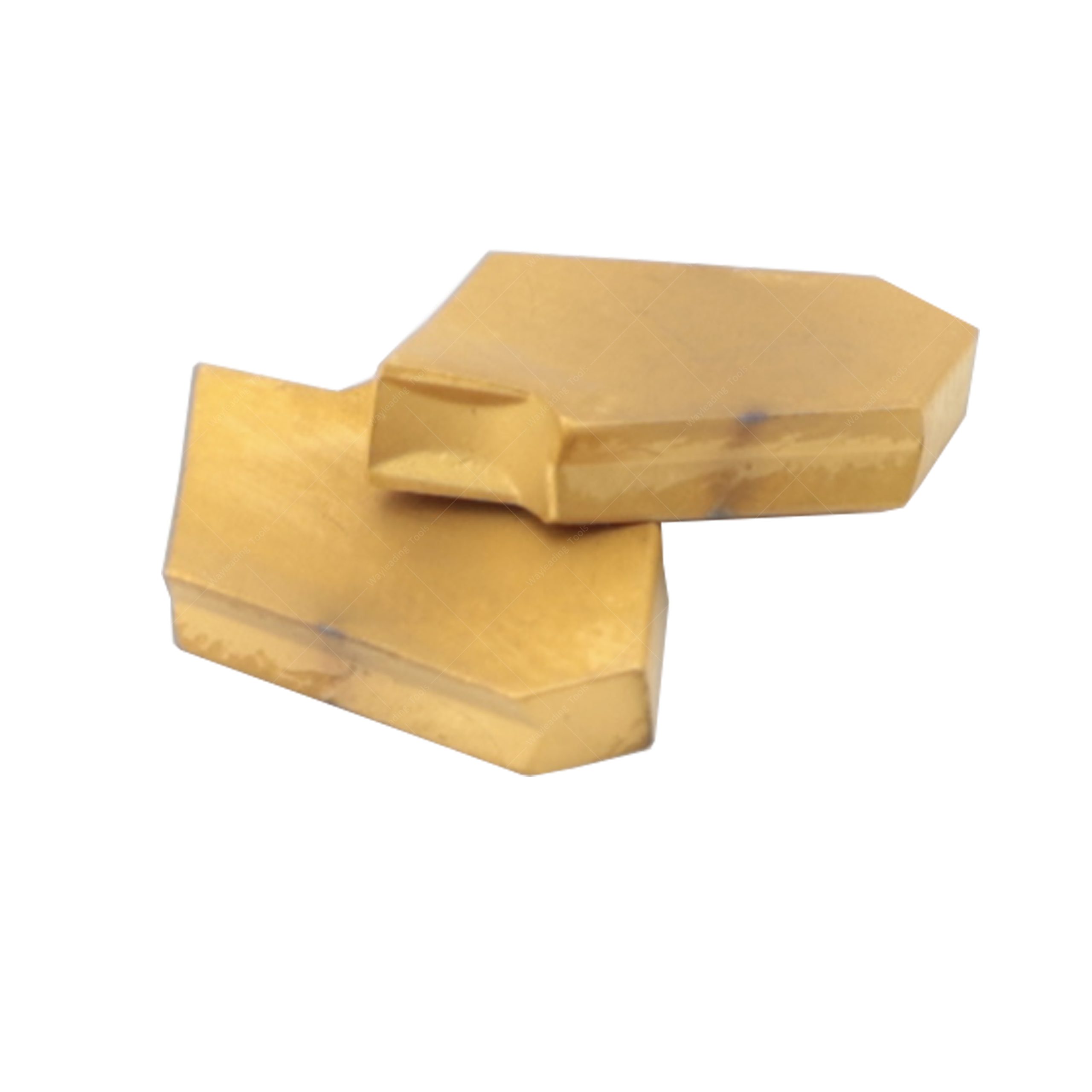 GTN Parting & Grooving Insert For NCIH Blade
GTN Parting & Grooving Insert For NCIH Blade -
 HSS Annular Cutters With Weldon Shank For Metal Cutting
HSS Annular Cutters With Weldon Shank For Metal Cutting -
 ANSI B94 HSS Jobber Length Drill Bits Fully Ground
ANSI B94 HSS Jobber Length Drill Bits Fully Ground -
 Metric HSS Step Drills With Straight Flute
Metric HSS Step Drills With Straight Flute -
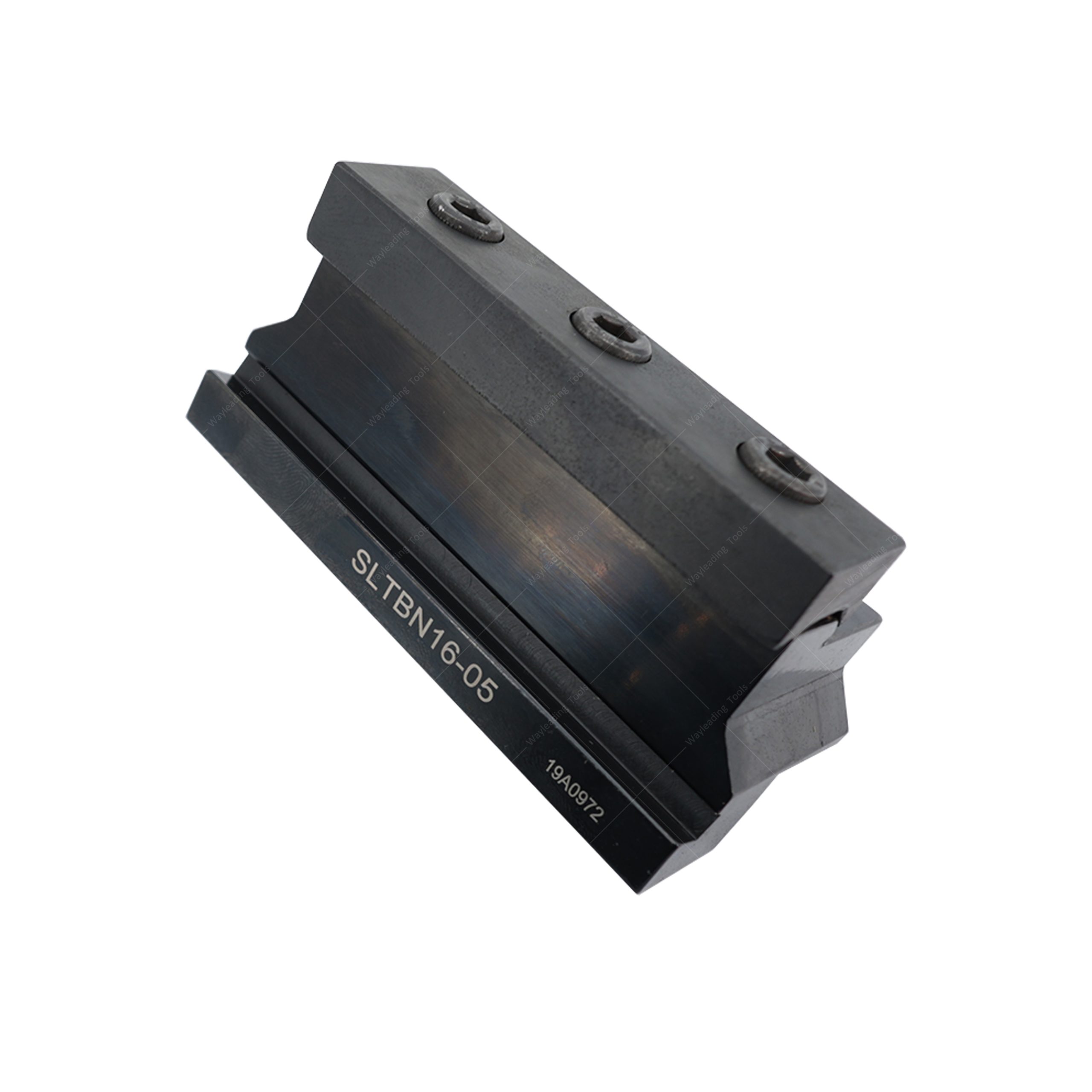 Parting & Grooving Tool Block For NCIH Blades
Parting & Grooving Tool Block For NCIH Blades -
 Precision Outside Micrometer With digit Counter Of Inch & Metric With Rachet Stop
Precision Outside Micrometer With digit Counter Of Inch & Metric With Rachet Stop -
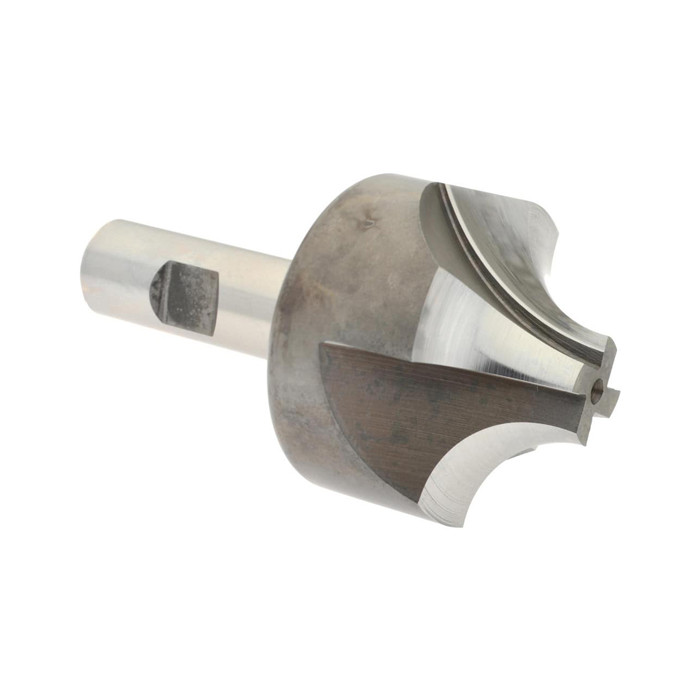 HSS Metric & Inch Corner Rounding End Mill For Industrial
HSS Metric & Inch Corner Rounding End Mill For Industrial -
 Carbide Tipped Hole Cutter For Cutting Stainless Steel And Iron Or Steel Plate
Carbide Tipped Hole Cutter For Cutting Stainless Steel And Iron Or Steel Plate -
 3 Flutes HSS Chamfering Countersink Drill bitl With 60 And 90 Degree
3 Flutes HSS Chamfering Countersink Drill bitl With 60 And 90 Degree -
 Precision Outside Micrometer Set With digit Counter Of Inch & Metric With Rachet Stop
Precision Outside Micrometer Set With digit Counter Of Inch & Metric With Rachet Stop




